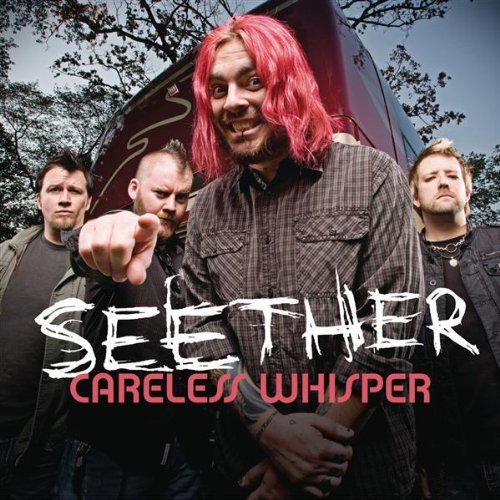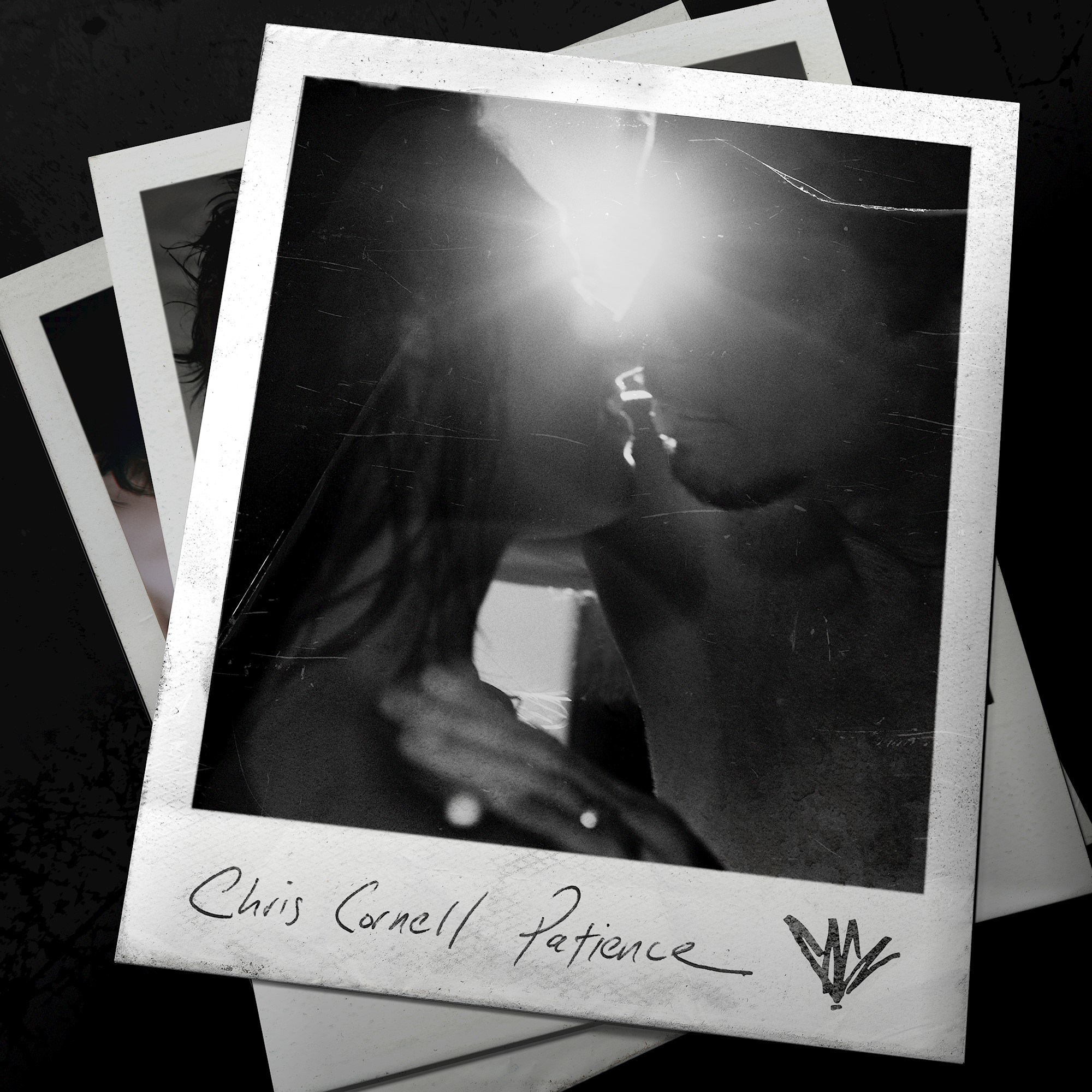Another era of Doctor Who has come to an end as Jodie Whittaker has completed her final adventure as the series' Thirteenth Doctor. It's been an interesting time to say the least, and it seems only right to give my thoughts on the show's last few years from the Doctor herself, her companions, the storylines, and the game changing moments that came about.
As I said in my previous Doctor Who post, Whittaker brought a lot of youthful energy very reminiscent of both David Tenant and Matt Smith and an optimistic personality that never wavered even when her whole universe was literally crashing down around her. I really have no negative notes as her performance was a joy from beginning to end.
The Thirteenth Doctor's initial companions included Ryan Sinclair, his former school mate Yasmin "Yaz" Kahn, and his step-grandfather Graham O'Brian. Having three main companions was a real change of pace for the revival era with the diversity of the characters creating more of a family dynamic, hence the Doctor constantly referring to them as "fam." I really liked them all and what they brought to the show, particularly Ryan and Graham's relationship as they grow closer while still mourning the loss of Grace, Ryan's grandmother and Graham's wife, in the season eleven premiere. Admittedly though, it was a bit of a juggling act getting to know each one and who got more focus in an episode, especially since this era seemed to give just as much focus to an episode's guest characters as the main ones.
Ryan and Graham left the show after season twelve, leaving Yaz as the Doctor's sole companion for the time being. It was by this point that it became evident that Yaz had romantic feelings for the Doctor; it may feel like it comes out of nowhere, but a rewatch shows these seeds were being planted since episode 11.4, "Arachnids in the UK". While they could have returned to formula with the Doctor and their companion with romantic connotations, the thirteenth season introduced Dan Lewis as a new fellow companion. Now Dan was a fun character, but his introduction kind of highlighted this era's penchant for constantly adding characters. More importantly though, it made it seem like the people behind the scenes didn't want it to be just the Doctor and Yaz on adventures. It's as if they either didn't have the skills to write stories for just the two of them or they didn't want to commit to a same-sex relationship for the Doctor without someone of the opposite gender in the mix somehow.
I'd also be remiss if I didn't talk about Sacha Dhawan as the new incarnation of the Master. He reminded me much of John Simm's portrayal, having this manic energy and penchant for theatrics that highlighted his psychopathy. He made a great archenemy to Whittaker's Doctor with his reveal alone being one of the best moments of her era.
When it comes to the stories of the Thirteenth Doctor, there's nothing I can really say that I couldn't about any other Doctor's era. You have some great episodes, some are less so, but the performances of the actors are always on point, usually resulting in entertainment to some degree. I do think her first season was the best, as doing done in one stories with no overarching plot was a fun change of pace. The main criticisms I've seen during this era are that the show became "woke" or that the messages of an episode were too blatant. To the first one, I refer you back to my comments about toxic fandom from my She-Hulk review. On the second, honestly in this day and age, some people need to have things spelled out for them.
I will say though that in their efforts to harken back to the Tenant and Smith eras, they may have borrowed and remixed ideas from Tenant's episodes a bit too much (which makes the next regeneration funny, but we'll get to that). The following is a list of things I noticed that happened during both Tenant and Whittaker's runs:
* The Doctor leaving a pre-recorded message that seemed to respond to its recipients in real time.
* A black and red bug themed monster of the week.
* The Doctor's memories being contained in a pocket watch.
* The current Doctor's end being prophesized with the message hanging over their head up to their final episode.
* Companions from the classic era returning and making the current one feel less special.
* The Master copying his genetic template into someone without their consent.
* The Doctor and a large group of allies working to save the day (twice in Whittaker's case).
It just seems a little too coincidental if you ask me.
Of course, the biggest development in Doctor Who to come from this era is the Timeless Child revelation. As it turns out, the Doctor was not born on Gallifrey, but was found as a child and brought there with their ability to regenerate discovered and then implanted in what would become the Time Lords. At some point, the Doctor had their memories erased before regenerating once more into a child that would eventually become the First Doctor introduced when the series began in 1963.
The implication that there were multiple regenerations before the First Doctor has had a polarized reaction within the fanbase. Some applaud it for doing something new with the franchise while others see it as a needless change that brings complications more than anything. I'm a bit torn on the matter. I started watching with Tenant, so I don't think I'm allowed to be as mad about this as those who have been lifelong fans. Besides that, Doctor Who has been no stranger to retcons, with John Hurt's War Doctor being a prime example. More relevant though, the rules of regeneration have been a little fast and loose within the show's history, but the prominent standing has been that Time Lords are only allotted twelve regenerations (though the Doctor received another set of twelve at the end of "The Time of The Doctor"). However, the classic era episode "The Brain of Morbius" from 1976 implies that there were more incarnations of the Doctor before the First and is referenced during Whittaker's era.
I do sympathize with some fans' anger though who adhered to the established rules of regeneration and that William Hartnell was the true First Doctor. The Timeless Child revelation has felt like a black cloud over the show ever since. I was honestly expecting them to retcon the retcon after the fan reaction and reveal it was the Master who was actually the Timeless Child, but they stuck to their guns and I respect that. However, it does feel like this is something that the showrunners moving forward will avoid referring to, similar to how Marvel didn't talk about the Spider-Man Clone Saga for years after its completion. When the Doctor retrieves a pocket watch that contains her pre-First Doctor memories, she asks the TARDIS to hide it away, and it's not brought up again for the rest of Whittaker's run.
When it comes to the Thirteenth Doctor's final episode, "The Power of the Doctor", I thought it was overall fine if a bit rushed. The premise was interesting and there were a lot of good ideas used, though not to their full potential in my opinion, especially since this episode also seemed to be serving as an anniversary special as well. Nonetheless, it was a good way for Jodie to ride off into the literal sunset.
Overall, I think Whittaker's time as the Doctor will be viewed as infamous not because of her but because of story choices made during her run. It's kind of a shame because there were still plenty of good moments these last few years.
I'm about to go into SPOILER territory now concerning the Doctor's latest regeneration and what it might mean for the future, so I'd advise to stop reading now if you haven't watched "Power of the Doctor" yet.
First off, I'm sure the TARDIS appreciates that the Doctor actually landed this time and regenerated outside. Of all the regenerations I talked about, this one is definitely the most optimistic and fits Jodie's Doctor well. Even in the end, she was just happy to give someone else a turn.
During the course of the episode, the Master had actually prompted a forced regeneration on the Doctor and transfer himself over to her body, intent on ruining the legacy of the name (sort of a Superior Spider-Man situation, which is funny because I used this comparison in my Iron Fist season two review and it was Sacha Dhawan there too). Inside the Doctor's mind though, she was alive and encountered manifestations of her previous incarnations (with actors reprising their roles) who tell her she can still return. Thanks to Yaz's efforts, the regeneration was reversed and the Thirteenth Doctor came back and saved the day. As a proper regeneration was triggered by the episode's end, it seems that despite looking forward to the future, some part of her was still looking back and threw a curveball as she regenerates into another previous incarnation with David Tenant returning to the role. And they've since made it clear that this isn't the return of the Tenth Doctor; the version Tenant is playing now is indeed the Fourteenth Doctor.
While it feels like a stunt to bring David Tenant back as the Doctor (in addition to Catherine Tate as Donna Noble) for a few special episodes in hopes of bringing back fans who may have given up in the last few years, it is still David Tenant after all. The man's original tenure as the Doctor brought in a new generation of fans (myself included), is regarded by many as the best version, and they even considered ending the show again when he wanted to retire. His reputation precedes him, and it will be fun to see him on new adventures and it could be interesting to see how Fourteen may be different from Ten.
Doctor Who won't return until November 2023, but like Thirteen, I'll be hopeful for what the future brings to the Doctor and the fans.





.jpg)
_poster.jpg)

